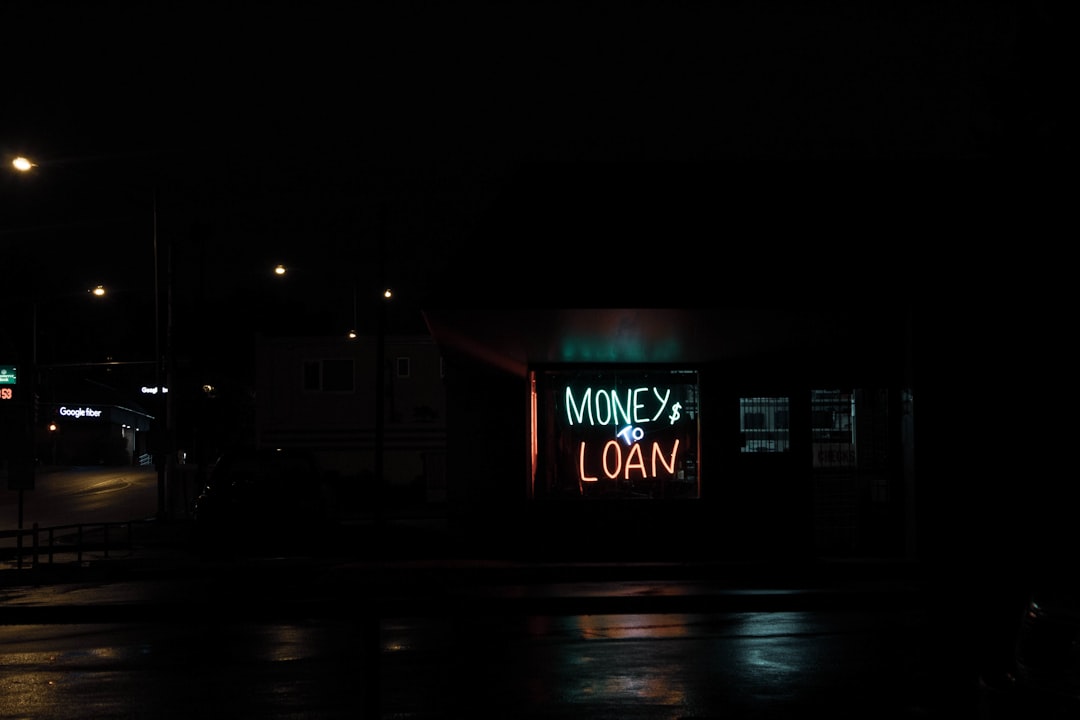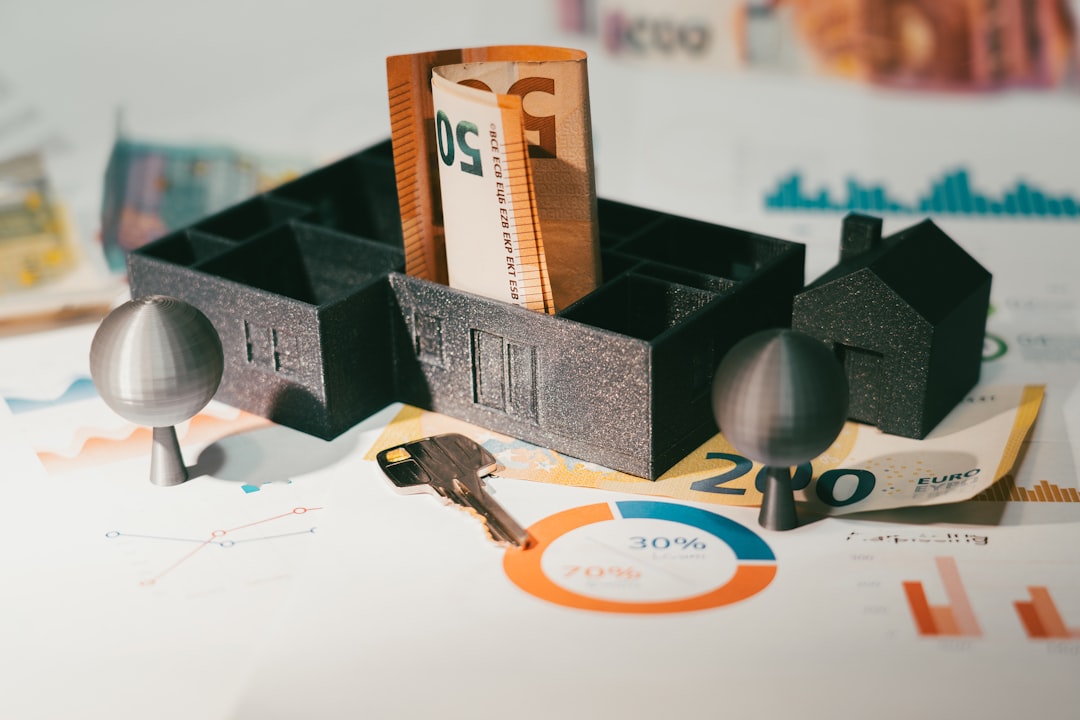Unsecured debt consolidation loans provide a risk-free way to manage multiple credit card debts by taking out a new loan with potentially lower interest rates. These loans require no collateral, rely on creditworthiness and income, and simplify repayment by combining several payments into one. After consolidating, responsible financial management is crucial to prevent future high-interest debt through budgeting, quick loan payoff, and emergency fund creation, with professional counseling available for guidance.
Looking to simplify your financial life? Discover how Unsecured Debt Consolidation Loans can help reduce monthly payments on credit card debt. This article breaks down everything you need to know, from understanding consolidation to qualifying for a loan and managing debt afterward. Learn the advantages of unsecured loans and navigate the process with ease. By the end, you’ll be equipped to make informed decisions about easing your financial burden.
- Understanding Credit Card Debt Consolidation
- Advantages of Unsecured Debt Consolidation Loans
- How to Qualify for an Unsecured Loan
- The Consolidation Process and What to Expect
- Tips for Successful Debt Management After Consolidation
Understanding Credit Card Debt Consolidation

Credit card debt consolidation is a strategic approach to managing and reducing multiple credit card debts. It involves taking out a new loan, typically an unsecured debt consolidation loan, which is then used to pay off existing credit card balances. This process simplifies repayment by combining several credit card payments into one monthly payment, often with a lower interest rate.
An unsecured debt consolidation loan doesn’t require collateral, meaning it’s risk-free for the lender and can be a viable option for borrowers looking to streamline their finances. By consolidating credit card debts, individuals can say goodbye to multiple due dates and reduce the overall interest they pay over time, providing significant financial relief and making it easier to stay on top of their payments.
Advantages of Unsecured Debt Consolidation Loans

Unsecured debt consolidation loans offer a viable solution for individuals looking to simplify their financial obligations and reduce monthly payments. Unlike secured loans, which require collateral such as a home or vehicle, unsecured loans do not demand any form of asset as security. This makes them an attractive option for those who may not have significant assets to pledge but still need relief from overwhelming credit card debt.
One of the primary advantages of unsecured debt consolidation loans is their simplicity and speed in obtaining approval. Lenders base eligibility primarily on creditworthiness, income, and the amount of debt to be consolidated. With a successful application, borrowers can roll multiple credit card debts into one loan with potentially lower interest rates, making repayment more manageable and allowing for better budgeting.
How to Qualify for an Unsecured Loan

To qualify for an unsecured debt consolidation loan, the first step is to assess your current financial situation. Lenders will review your credit history and score to determine your eligibility. A strong credit profile increases your chances of securing favorable loan terms, including a lower interest rate. This type of loan doesn’t require collateral, making it accessible to many individuals. However, lenders will expect to see responsible borrowing behavior, such as consistent on-time payments on existing debts.
Additionally, lenders will consider your income and debt-to-income ratio. Demonstrating the ability to manage multiple loan payments comfortably is crucial. You may need to provide proof of income, such as pay stubs or tax returns, and list all outstanding debts. This transparency helps lenders evaluate your financial health and ensures you’re making an informed decision by consolidating your credit card debt with an unsecured loan.
The Consolidation Process and What to Expect

The debt consolidation process involves taking out a new loan to pay off multiple existing debts, typically with higher interest rates. This single loan offers a lower interest rate and a fixed monthly payment, which can significantly reduce your overall debt burden. During this process, you’ll work with a lender or financial institution to assess your current debts, credit history, and income to determine the best consolidation option for you. They will offer a loan tailored to your needs, allowing you to make one consistent payment each month rather than several.
What to expect includes a thorough review of your finances, negotiations with lenders, and potentially some adjustments in spending habits. You’ll need to compare different loan offers based on interest rates, terms, and fees to ensure you’re getting the best deal. Once approved, the lender will disburse the funds to pay off your selected debts, leaving you with a single debt to manage—the consolidation loan. This streamlined approach can simplify your finances and make it easier to stay on track for financial goals like saving or investing.
Tips for Successful Debt Management After Consolidation

After successfully consolidating your credit card debt, managing your finances effectively is crucial to avoid spiraling back into high-interest debt. One key tip is to create and stick to a realistic budget that outlines your income, fixed expenses, and discretionary spending. Allocate more funds towards paying off the consolidated loan, aiming to pay it off as quickly as possible to minimize interest charges.
Additionally, consider using the extra money saved from reduced monthly payments to build an emergency fund. This financial cushion can help prevent future debt accumulation by providing a safety net for unexpected expenses. Regularly reviewing and adjusting your budget will ensure you stay on track, while seeking professional advice from a financial counselor can offer valuable guidance tailored to your unique situation. Remember, a What Is An Unsecured Debt Consolidation Loan approach to debt management involves discipline, patience, and proactive financial planning.
Credit card debt consolidation can significantly reduce monthly payments and provide a clear path to financial freedom. By understanding the process, qualifying for an unsecured debt consolidation loan, and managing your debt responsibly post-consolidation, you can transform your financial situation. Remember, while this strategy offers advantages like lower interest rates and simplified payments, it’s crucial to choose a reputable lender and stick to a well-planned repayment schedule for long-term success.
